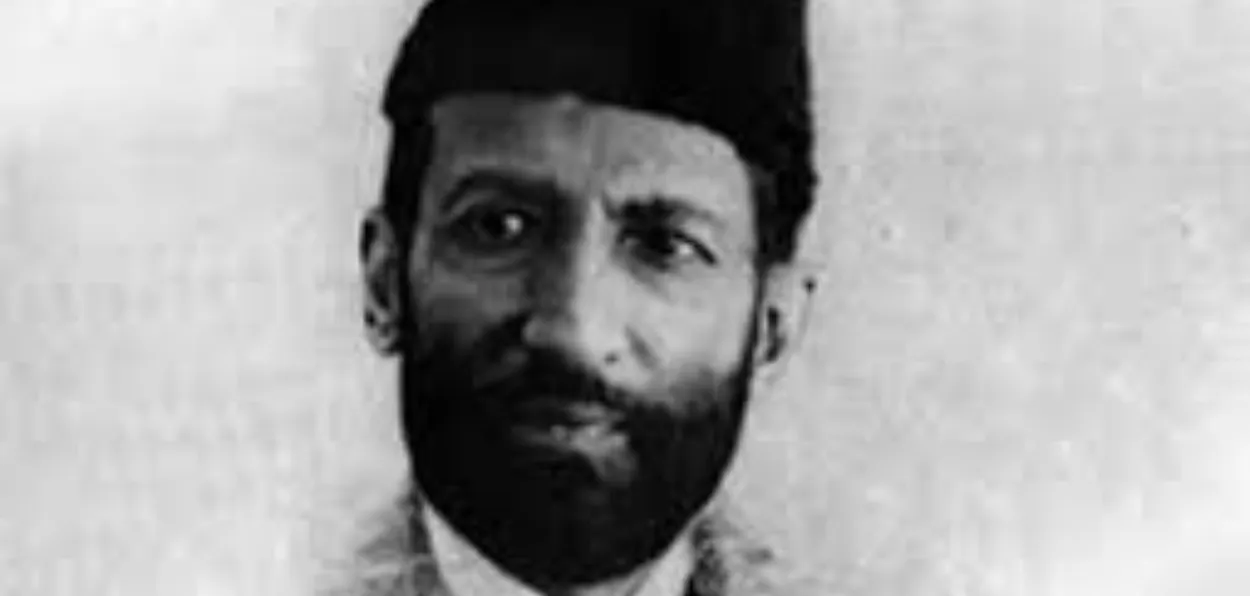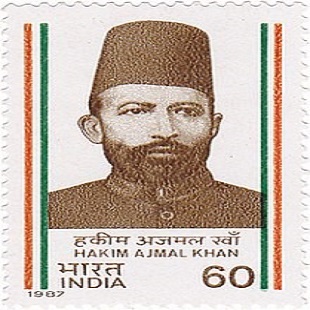
Saquib Salim
“Whatever you wish to do for the country, nation, or religion, you have to face the opposition. The Tibbi Conference also seems to be involved in it. You are perhaps aware that the Tabibs and Vaids are desirous of functioning separately... but as you know the Conference aims at awakening both of them to work together... Both of you should, therefore, work together and work incessantly in this Conference which belongs to none but to your own selves.”
This is what Hakim Ajmal Khan said at Lucknow in 1911 on the need for unity between Unani and Ayurveda practitioners.
Behind his speech was a proposed legal act by the Bombay Government to prohibit all indigenous systems of medicine, which in its view, had hardly any validity.
Z. A. Nizami notes, “According to the proposed Act, no Hakim or Vaid could be enlisted as a recognized physician except the one who had earlier received education in Europe or was a degree holder from a recognized university in India.”
The act was like a death knell to Indian medical practitioners as it gave total control to the Medical Council over derecognizing Unani and Ayurveda practitioners.

Postal stamp in honour of Hakim Ajmal Khan
Hakim Ajmal Khan took it upon himself to mobilise public opinion against this act. On the one hand he started touring the country to tell about the perils of this act while on the other governments of other provinces also introduced such acts to ‘ban’ Indian medicine systems.
Hakim started a sort of a movement by convening the first Ayurvedic and Tibbi Conference in Delhi in 1910. The conference was attended by more than 300 Hakims and Vaids from across the country.
Hakim Ajmal Khan demanded that the vaids and hakims should also be given representation in the proposed Medical Council. Further, the medical men of Madrasah Tibbia, Delhi, Banwarilal Ayurvedic Pathshalal Delhi, the Takmil-ul-Tib and the Madrasah Tibbia of Lucknow and Pilibhit and Jaipur Ayurvedic School should also be considered eligible for the membership of the Medical Council and that the Hakims and Vaids of these institutions should be kept at par with the certified medical men such as M.D., L.M. & S. of the Universities of Calcutta, Madras, Allahabad and Lahore and other Government Medical Colleges and Schools.
The efforts bore fruit in 1919 when the government set up an inquiry committee for the scientific investigation of the properties of indigenous drugs to be useful and also to collect information regarding those mineral and vegetable drugs that were not included in the British Pharmacopoeia.
Nizami rightly pointed out, “Hakim Saheb’s relentless efforts were crowned with success when at long last the Government conceded to Hakim Saheb’s rightful demand to give to the indigenous system its due recognition. As a result, Tibbia Colleges were opened by the governments of Madras and Bihar in (their respective provinces, and the Government of United Provinces (now Uttar Pradesh) established a Board of Indian Medicine.
“The Government also agreed to start a Tibbia College in Lucknow, an Ayurvedic College at Haridwar, and also to provide financial assistance to the Unani and Ayurvedic institutions that were affiliated to the Muslim and Hindu universities. The District and Municipal Boards also appointed the Hakims and Vaids in local dispensaries. The Montagu-Chelmsford Reforms of 1919 placed medicine under the State subjects to be controlled by the elected ministers. It brought an end to the Government’s discrimination against the indigenous physicians. Then onwards the Ayurvedic and Unani systems of medicine were always supported by the governments.
ALSO READ: Why Manmohan Singh never wanted to visit his ancestral home
“In this way, Hakim Saheb proved to be a saviour of the Unani and Ayurvedic systems which formed part of our national heritage. Had he not zealously pursued in this direction, the Government, it is feared, would have nipped the Unani System forever.”
